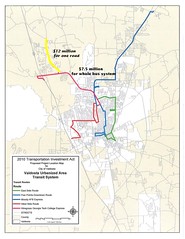 local governments and businesses don’t have to wait
on the state.
For example, the
Lowndes County Commission has opened a discussion about solar energy
in response to a presentation by Bill Branham.
Now that they’ve learned
local governments and businesses don’t have to wait
on the state.
For example, the
Lowndes County Commission has opened a discussion about solar energy
in response to a presentation by Bill Branham.
Now that they’ve learned
-
 that
solar is cost-effective in the same way buying a car is,
that
solar is cost-effective in the same way buying a car is,
-
 that
there are two fast-growing solar manufacturers in Georgia
(
Suniva of Norcross
and
MAGE SOLAR of Dublin),
with associated potential jobs right here in south Georgia,
and
that
there are two fast-growing solar manufacturers in Georgia
(
Suniva of Norcross
and
MAGE SOLAR of Dublin),
with associated potential jobs right here in south Georgia,
and
-
 about
the extraordinary negative side of coal mining,
about
the extraordinary negative side of coal mining,
If the LCC won’t do it, how about solar Valdosta fire departments, or solar Hahira tobacco barns?
-jsq


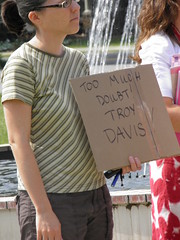
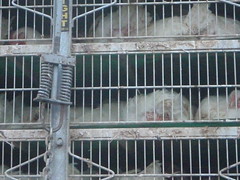
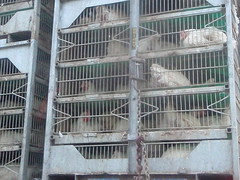
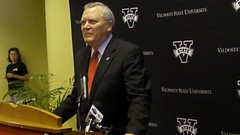
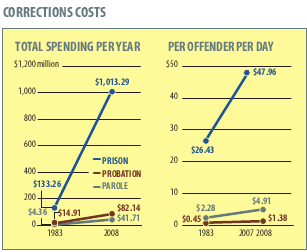
 the like. We know that they work. We know the recidivism rate, if they go
through those approaches rather than directly into the prison system. We
have less recidivism. We break the addictions, and we’ve got to work
very closely on that.”
the like. We know that they work. We know the recidivism rate, if they go
through those approaches rather than directly into the prison system. We
have less recidivism. We break the addictions, and we’ve got to work
very closely on that.”
